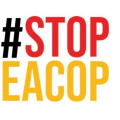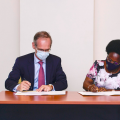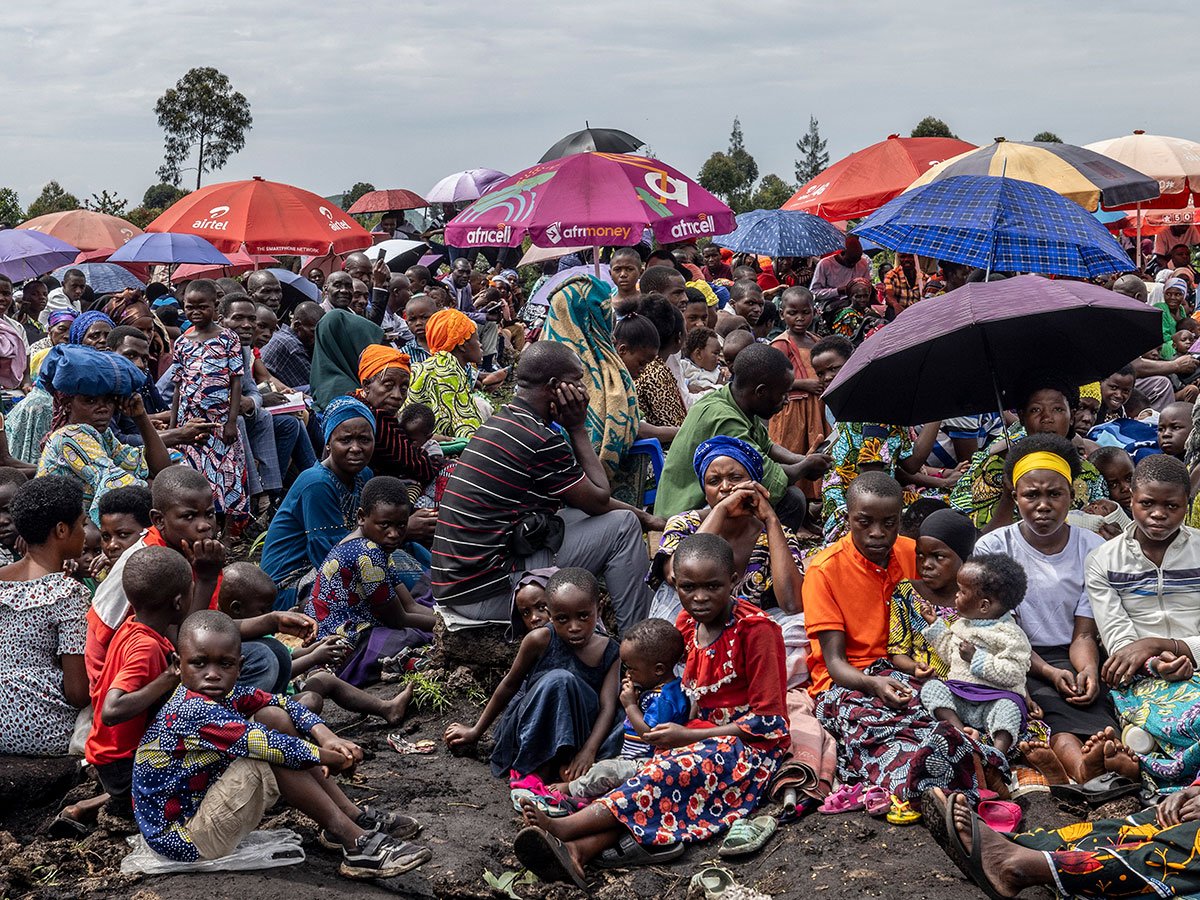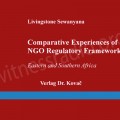On February 7, 2023, 10 Ugandan and Tanzanian organizations and Inclusive Development International brought a complaint to the United States National Contact Point for the OECD Guidelines on Multinational Enterprises (‘the US NCP’). The complaint outlines failures by the U.S.-based insurance broker firm Marsh, part of the Marsh McLennan Group, to meet the standards of the OECD Guidelines for Multinational Enterprises (‘OECD Guidelines’) in relation to its reported role as insurance broker for the construction phase of the East African Crude Oil Pipeline (‘EACOP’).
The full complaint document is not disclosed, per the confidentiality provisions of the US NCP operating procedures. This document summarizes the key points of the complaint and provides background information on the OECD, US NCP, and the complaint procedure. The Ugandan and Tanzanian complainants are choosing to remain anonymous due to the security risks associated with filing this complaint.
Adverse Impacts associated with the East African Crude Oil Pipeline (EACOP)
The EACOP is expected to cause—and in many instances, is already causing—extensive and severe adverse human rights and environmental impacts, which the project sponsors have failed to adequately address, prevent and mitigate. These include:1
• Improper land acquisition without adequate safeguards: The project’s land acquisition process is being carried out in a manner inconsistent with human rights and international standards, with adverse impacts being exacerbated rather than mitigated. Communities have reported coercion in the land acquisition and valuation process; have faced hardship due to delayed compensation and restrictions
on the use of their land; and report having received inadequate compensation for their acquired land and assets.
• Security risks and impacts: There are numerous reports of intimidation, harassment, security threats and arbitrary arrests of community members, environmental and human rights defenders, and journalists critical of the project.
• Failure to adequately consult local communities: The complaint points to detailed testimony from local communities that demonstrates a failure by the project sponsors to meaningfully consult affected people, including by failing to provide local communities with information on the project’s risks and providing misleading information about the potential economic benefits.
• Impacts to natural resources: EACOP would put vital freshwater resources at risk from oil spills. The pipeline route traverses numerous lakes, rivers and wetlands, including the Lake Victoria basin,
See the Assessment of the EACOP and Associated Facilities’ Compliance with the Equator Principles and IFC Performance Standards, pproduced by Inclusive Development International, BankTrack, and African Institute for Energy Governance (July 2022). See also the community-based reviews of the human rights impact of EACOP by Oxfam and others, Empty Promises Down the Line? A Human Rights Impact Assessment of the East African Crude Oil Pipeline (September 2020) and by Les Amis de la Terre and Survie, A Nightmare Named Total (October 2020) and EACOP: A Disaster in the Making (October 2022), and the preliminary environmental and socio-economic
threat analysis for EACOP conducted by WWF Safeguarding people & nature in the East Africa crude oil pipeline project (July 2017).
which supports 40 million people in the region. The pipeline also risks contaminating the high-quality groundwater relied upon by millions for consumption. In addition, the construction and operation of EACOP will threaten agricultural land, forests and wetlands relied on for farming, energy for cooking, construction materials, medicine and cultural goods.
• Impacts to ecosystems and protected areas: The EACOP would cause, and is already causing, immense and irreversible harm to local ecosystems and habitats, including from the clearing of land for construction and the risk of oil spills or leaks. In particular, the pipeline threatens to irreversibly impact a number of legally protected and/or internationally recognized wildlife areas along its route and off the coast of Tanzania.
• Climate impacts: The full value chain emissions of EACOP is expected to reach 379 million metrictons of CO2 over the pipeline’s 25-year operational lifetime.2 As such, the project poses unacceptable climate risks, which are fundamentally incompatible with the Paris Agreement and a pathway to limit warming to 1.5°C.
The Complainants submit that many of the most egregious impacts associated the project are inherent to the project and are therefore impossible to adequately mitigate. The EACOP is a fundamentally unsustainable and untenable project that should not proceed.
Marsh’s role in enabling the project to proceed
In May 2022, The Bureau of Investigative Journalism and Financial Times reported that Marsh had secured the contract to serve as insurance broker for the construction phase of the EACOP.3 In its role as broker, Marsh is tasked with arranging insurance for the pipeline. The company pursued this contract despite internal resistance from the corporate group’s own employees, who called on management to refuse the engagement.
The EACOP cannot be constructed without insurance. It is a legal requirement under Ugandan law that the EACOP must be insured, and large-scale construction projects such as the EACOP are unlikely to be financially viable without insurance. Through its engagement as insurance broker for the EACOP, Marsh is enabling the construction of the pipeline and is therefore contributing to the above adverse impacts.
The Complainants have contacted Marsh numerous times to attempt to engage in a dialogue in relation to the EACOP and to inform Marsh of potential risks that should be reflected in its due diligence process. Marsh did not respond to any of this correspondence. Accordingly, the complainants have turned to the US National Contact Point to resolve this dispute.
Marsh’s breaches of the OECD Guidelines
The OECD Guidelines for Multinational Enterprises apply to all companies based in or with operations in OECD countries, including the United States. As a U.S.-based company, Marsh should operate in alignment with the Guidelines. The complaint alleges that Marsh has breached the Guidelines in four main ways:
Contribution to adverse impacts
The Guidelines specify that companies should avoid causing or contributing to adverse impacts, including human rights and environmental impacts, and to address such impacts where they occur. Where companies have caused or contributed to impacts, they should provide for or cooperate in the provision of remedy. Where
https://climateaccountability.org/wp-content/uploads/2022/10/CAI-EACOP-Rptlores-Oct22.pdf
https://www.ft.com/content/597a2b01-fb54-4fd3-b326-dadf52dc250a
https://www.thebureauinvestigates.com/stories/2022-05-19/insurance-giant-marsh-signs-on-forenvironmentally-disastrous-pipeline-project
adverse impacts are only directly linked to a company’s operations, products or services by a business relationship (but the company has not itself caused or contributed to the impacts), the company must seek to prevent or mitigate the impacts.
The complaint argues that by providing insurance brokerage services, Marsh is contributing to the adverse environmental and human rights impacts that would be, or have already been, caused by the EACOP. In particular, the complaint argues that Marsh is contributing to the adverse impacts under the Guidelines6 (and is not just directly linked) because: (1) it is enabling the project to go ahead by arranging legally and financially necessary insurance coverage; and (2) in light of the wealth of publicly available information on the damaging effects of EACOP, the human rights and environmental impacts were foreseeable and should have been identified in Marsh’s due diligence process.
Due diligence
Under the Guidelines, companies must conduct risk-based due diligence to identify, prevent and mitigate adverse impacts related to human rights and the environment. The complaint argues that whatever environmental and social due diligence process Marsh may have conducted in relation to EACOP was deficient, as any adequate due diligence process would have concluded that EACOP entails unacceptable unmitigatedenvironmental and human rights risks.
Disclosure
Companies should disclose relevant information on their due diligence policies and processes, including what actions they have taken to prevent or mitigate risks that they identify.8 Marsh has failed to disclose adequate information about its due diligence policy and processes, including failing to disclose any information on the due diligence it conducted in relation to the EACOP.
Sustainable Development
The Guidelines requires companies to operate in a manner that contributes to sustainable development and respects internationally recognized human rights. The complaint alleges that Marsh is undermining sustainable development efforts by supporting EACOP, as it is a fundamentally unsustainable project that poses unmanageable climate, environmental and social risks.
Remedies Sought
To remedy these breaches and bring its operations back into alignment with the OECD Guidelines, the Complainants are calling on Marsh to:
• Publicly confirm whether or not it is currently acting as broker for the EACOP, and disclose whether it has any involvement in the associated Tilenga, Kingfisher, or Kabaale refinery projects.
OECD Guidelines, General Policies, paras 11-12; OECD Guidelines, Human Rights, paras 1-6; OECD Guidelines, Environment, paras 3 and Guidance on when companies will contribute to adverse impacts is at: OECD Due Diligence Guidance for Responsible Business Conduct, page 70; OECD Guidelines, General Policies, commentary para 14; OECD Due Diligence for Responsible Corporate Lending and Securities Underwriting, pages 44-45 OECD Guidelines, General Policies, paras 10-12.; OECD Guidelines, Human Rights, para 5; OECD Guidelines, Environment, para. OECD Due Diligence Guidance for Responsible Business Conduct, page 33; OECD Guidelines, Disclosure paras 2-3. OECD Guidelines, General Policies, paras 1-2; OECD Guidelines, Human Rights, paras 1-6.
• Cease its role as broker for the construction of the EACOP and make a public statement to this effect. In addition, Marsh should not be broker for future renewals of insurance cover (such as for the operation phase of the project).
• Fully disclose its current human rights and environmental due diligence policies and procedures.
• Publicly disclose the due diligence process that it undertook in relation to the EACOP specifically, including any areas of risk it identified and the actions it took to prevent or mitigate those risks.
• Adopt and disclose an effective due diligence policy and procedures for future potential engagements. The procedures should set out how Marsh identifies and addresses the environmental and human rights impacts associated with the companies and projects for which it provides insurance brokerage services.
• Stop publicly claiming to be committed to the Sustainable Development Goals unless it ceases its support for the EACOP and improves its environmental and human rights due diligence procedures.
The Complainants request that the US NCP offer its good offices to resolve this complaint. In particular, the Complainants request that the NCP consider these allegations and issue recommendations to bring Marsh back into compliance with the Guidelines.
What happens next?
The US NCP must first determine whether the complaint is admissible, including by assessing whether there is a likely link between Marsh’s activities and the issues raised, and whether the issue is material and substantiated. If the NCP accepts the complaint, it will offer to bring the complainants and Marsh together for a mediated dialogue, subject to both parties’ voluntary participation. Through this mediation, the parties will attempt to negotiate a resolution of the issue.
At the end of the process, the NCP will publicly issue a final statement which outlines the allegations of the complaint, any outcomes reached during the mediation, or reasons why an agreement was not reached. The NCP may also issue recommendations as to how the Guidelines are to be implemented.
Further background on the OECD, OECD Guidelines, and National Contact Points
The Organization for Economic Cooperation and Development (OECD) is an intergovernmental organization with 38 member countries, created to promote economic growth, prosperity and sustainable development.
Because Marsh is based in the United States, a member country of the Organization for Economic Cooperation and Development (OECD), it should follow the OECD Guidelines for Multinational Enterprises. The OECD Guidelines are recommendations from governments to multinational enterprises with operations or headquarters in OECD adhering countries. The Guidelines set out non-binding principles and standards for responsible business conduct across a range of issues, including human rights and the environment.
All OECD countries are required to establish National Contact Points within their governments. National Contact Points (NCPs) are a unique grievance mechanism responsible for receiving complaints from people or organizations who allege that companies have not complied with the Guidelines.
More information on the US NCP’s procedures can be found here: https://www.state.gov/u-s-national-contact-point-for-the-oecd-guidelines-for-multinational-enterprises/a-guide-to-the-u-s-national-contact-point-for-the-oecd-guidelines-for-multinational-enterprises/#FinalStatement
https://usoecd.usmission.gov/mission/oecd/about-the-oecd/

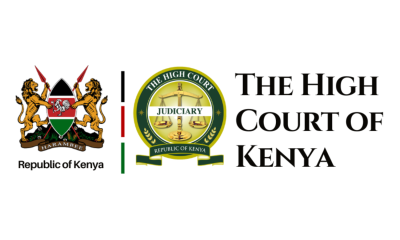
 MEDIA FOR CHANGE NETWORK3 days ago
MEDIA FOR CHANGE NETWORK3 days ago
 MEDIA FOR CHANGE NETWORK1 week ago
MEDIA FOR CHANGE NETWORK1 week ago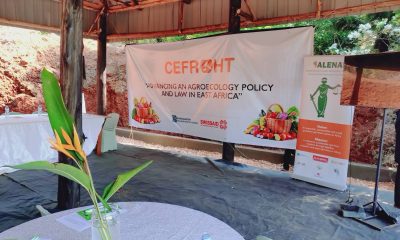
 MEDIA FOR CHANGE NETWORK2 days ago
MEDIA FOR CHANGE NETWORK2 days ago
 MEDIA FOR CHANGE NETWORK1 week ago
MEDIA FOR CHANGE NETWORK1 week ago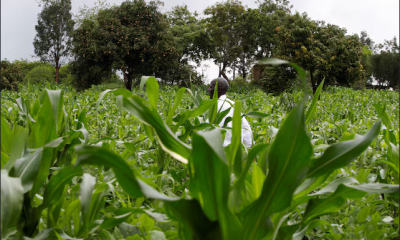
 MEDIA FOR CHANGE NETWORK2 days ago
MEDIA FOR CHANGE NETWORK2 days ago
 MEDIA FOR CHANGE NETWORK3 days ago
MEDIA FOR CHANGE NETWORK3 days ago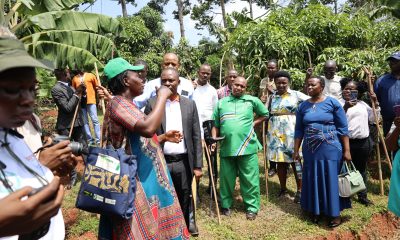
 MEDIA FOR CHANGE NETWORK19 hours ago
MEDIA FOR CHANGE NETWORK19 hours ago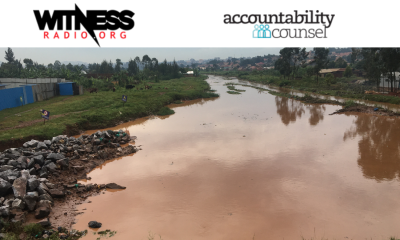
 STATEMENTS5 days ago
STATEMENTS5 days ago

